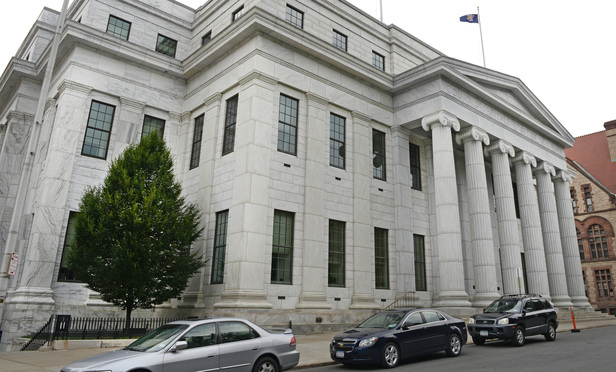Under ordinary circumstances, New York appellate practice is divided between two non-overlapping court systems. Federal appeals are heard by the U.S. Court of Appeals for the Second Circuit, whose decisions are reviewable only by the U.S. Supreme Court; state appeals are heard by the four departments of the appellate division, whose decisions are reviewable by the New York Court of Appeals. But in a large number of cases—more here than in other part of the country—the two systems talk to each other, through the use of the certification process.
Certification is a procedure by which a federal court can ask that a state court rule on an issue of state law.1 Federal courts are asked to interpret state law all the time—either because they are sitting in diversity, exercising supplemental jurisdiction, or hearing cases removed to federal court pursuant to statutes like the Class Action Fairness Act. In the vast majority of those cases, the state laws at issue are clear, and federal courts are well equipped to apply them. But in cases where state law is ambiguous, or the issue is novel and important, many federal courts have the option to ask for help: They can issue an order “certifying a question” to a state’s high court, asking that the state court consider and decide the question in the first instance.



